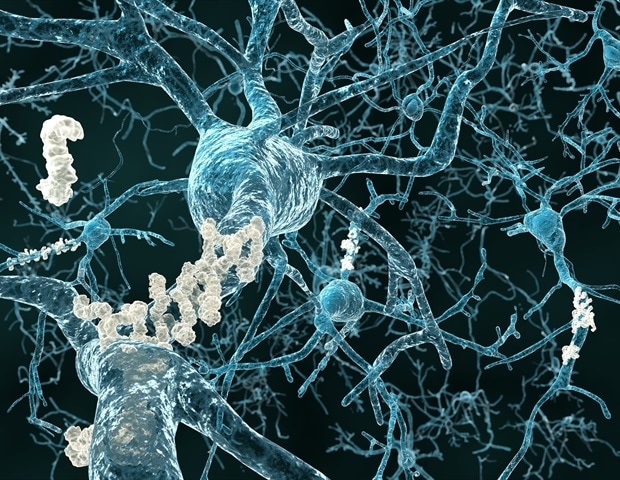Alzheimer’s unsaturated fats play a pivotal role in understanding the nutritional aspects of Alzheimer’s disease, especially concerning women’s health. Recent studies indicate that women with Alzheimer’s exhibit significantly lower levels of neuroprotective unsaturated fats, like omega-3 fatty acids, compared to their male counterparts. This disparity is critical, given that women are disproportionately affected by Alzheimer’s. A recent study highlighted that hormonal differences may impact fatty acid metabolism, further complicating the nutritional landscape surrounding Alzheimer’s care.
The Impact of Unsaturated Fats on Cognitive Health
Unsaturated fats, particularly monounsaturated and polyunsaturated fatty acids, are essential to cognitive health. These fats help reduce inflammation and oxidative stress, both of which are detrimental to brain function. A diet rich in these healthy fats, found in sources like fish, nuts, and olive oil, may decrease the risk of developing Alzheimer’s disease. Research shows that the consumption of omega-3 fatty acids is associated with improved memory function in aging populations. Yet, current findings reveal a concerning trend: many women with Alzheimer’s report lower intake levels of these important nutrients. For more detailed insights into dietary links and Alzheimer’s, refer to this comprehensive review.
Recognizing Symptoms and Nutritional Needs
Recognizing the symptoms of Alzheimer’s is crucial for timely intervention. Symptoms may include memory loss, difficulty with problem-solving, and changes in mood. Alongside recognizing these signs, it is essential to address the dietary needs of those affected. Research demonstrates that a balanced intake of unsaturated fats can improve overall brain health. For women at risk, increasing the intake of seafood, avocados, and nuts can provide the needed boost of fatty acids that promote brain function. Staying up-to-date with current research can guide dietary adjustments effectively.
📊 Nutritional Insights
- Healthy Fats: Crucial for brain function
- Dietary Changes: Increased unsaturated fat intake can support cognitive health
Barriers to Accessing Nutritional Education
Barriers to accessing nutritional education can significantly impact a woman’s ability to make informed choices about unsaturated fats. Many face challenges such as socioeconomic status and limited access to healthcare resources that can provide dietary education. Community outreach programs focused on nutrition can bridge this gap, offering tailored educational workshops on the importance of unsaturated fats in preventing cognitive decline. Collaboration between healthcare providers and nutritionists can lead to better informed health decisions among women at risk.
🌱 Action Points
- Engage: Participate in community nutrition programs.
- Educate: Learn to read food labels to select healthier options.
Key Takeaways and Final Thoughts
Understanding Alzheimer’s unsaturated fats is essential in tackling the prevention of Alzheimer’s disease, particularly among women. By advocating for a heart-healthy diet rich in unsaturated fats, we can enhance cognitive health and potentially reduce the incidence of Alzheimer’s. Emphasizing education around nutritional needs will empower women to make informed dietary choices. For additional research insights, you can explore this article for a deeper analysis of dietary fats and their impact on Alzheimer’s.
❓ Frequently Asked Questions
What role do unsaturated fats play in brain health?
Unsaturated fats are essential for brain function and development, helping reduce inflammation and promote cognitive clarity. Citing studies, including those from reputable sources highlights their importance.
How can I increase my intake of unsaturated fats?
To increase unsaturated fat intake, integrate more fish, nuts, and olive oil into your meals. Additionally, learning about food choices through community resources can help.
To deepen this topic, check our detailed analyses on Nutrition & Diet section







